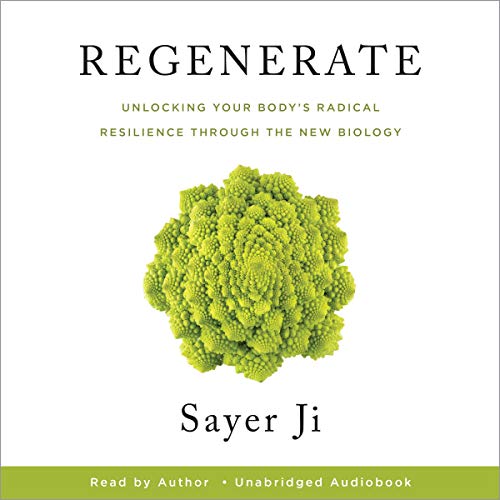
[ad_1]
 By GMI Reporter
By GMI Reporter
Might a leaf from one of many world’s oldest bushes unlock new potentialities in stroke restoration? Uncover the potential of ginkgo biloba in enhancing cognitive therapeutic post-stroke.
In an enlightening discovery, researchers have discovered that ginkgo biloba, an historical tree revered for its medicinal properties, could maintain the important thing to improved cognitive restoration following an ischemic stroke. This revelation stems from a examine poised for presentation on the Worldwide Stroke Convention 2024, orchestrated by the American Stroke Affiliation.
Research Design: A Nearer Have a look at the Methodology
The examine’s point of interest was the efficacy of ginkgo diterpene lactone meglumine (GDLM), an lively part of ginkgo biloba, in aiding cognitive recuperation after a stroke. Carried out throughout 100 facilities in China, this multicenter trial concerned 3,163 stroke survivors. These people, grappling with gentle to reasonable ischemic stroke, commenced remedy inside 48 hours of their stroke incident. They have been randomized to obtain both 25 mg of intravenous GDLM or a placebo every day for 2 weeks. Cognitive operate was meticulously assessed on the outset, after 14 days, and once more at 90 days utilizing the Montreal Cognitive Evaluation scale (MoCA).
 Regenerate: Unlocking Your Physique’s Radical Resilience By means of the New Biology
Regenerate: Unlocking Your Physique’s Radical Resilience By means of the New Biology
Outcomes and Findings: Ginkgo’s Cognitive Impression
The findings have been promising, with these handled with GDLM exhibiting extra vital cognitive enhancements at each the 14-day and 90-day marks in comparison with the placebo group. Particularly, the GDLM group demonstrated a mean cognitive rating enhance of three.93 factors at 14 days and 5.51 factors at 90 days, indicating a tangible enhancement in cognitive operate.
.png)
The Science Behind GDLM
GDLM’s potential extends past mere cognitive enchancment. Its neuroprotective qualities, as elucidated by Anxin Wang, Ph.D., embody vasodilation, improved oxygen tolerance, and enhanced cerebral blood movement. Furthermore, its antioxidative, anti-inflammatory, and anti-apoptotic properties collectively contribute to its therapeutic prowess. Preliminary laboratory research additionally trace at GDLM’s function in staving off neurodegenerative situations like Parkinson’s and Alzheimer’s ailments.
Navigating the Path of Complementary Drugs
The incorporation of ginkgo biloba in stroke restoration, whereas promising, necessitates cautious optimism. Sheryl L. Chow, Pharm.D., underscores the significance of integrating such complementary therapies inside the broader healthcare framework to make sure security and efficacy. The examine’s findings, although compelling, name for additional validation via unbiased trials to solidify GDLM’s function in post-stroke cognitive rehabilitation.
Future Instructions: From Analysis to Actual-World Software
Whereas the examine’s outcomes are particular to a Chinese language demographic, they pave the best way for international analysis endeavors to discover GDLM’s common applicability in stroke restoration. The hunt for FDA approval and integration into normal post-stroke care regimens stays a pivotal future milestone.
To be taught extra about the advantages of gingko biloba, go to our database on the topic right here.
To be taught extra about pure approaches to stroke restoration, go to our database on the topic right here.
References
1. American Coronary heart Affiliation. “Energetic parts of ginkgo biloba could enhance early cognitive restoration after stroke.” American Coronary heart Affiliation Information, February 1, 2024.
Disclaimer: This text shouldn’t be meant to offer medical recommendation, prognosis or remedy. Views expressed right here don’t essentially replicate these of GreenMedInfo or its workers.
Supply: GreenMedInfo
This text is copyrighted by GreenMedInfo LLC, 2024
Go to our Re-post pointers
[ad_2]
.png)
.png)